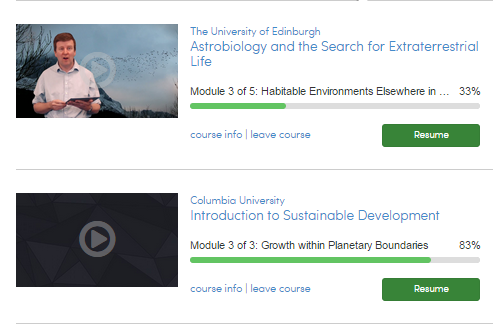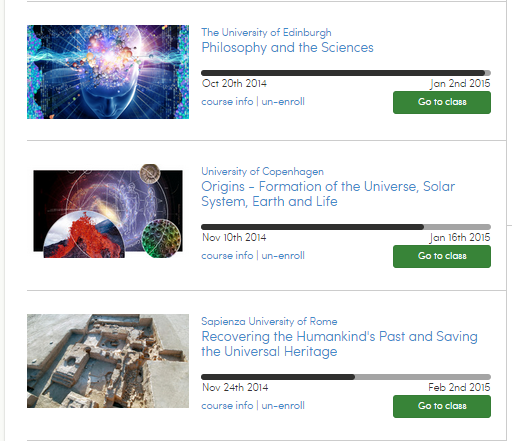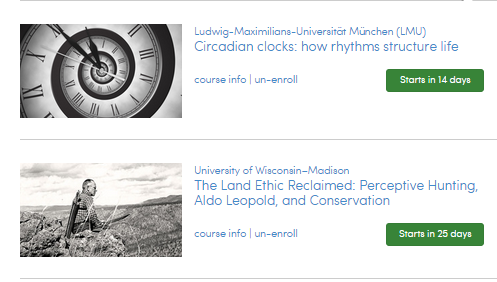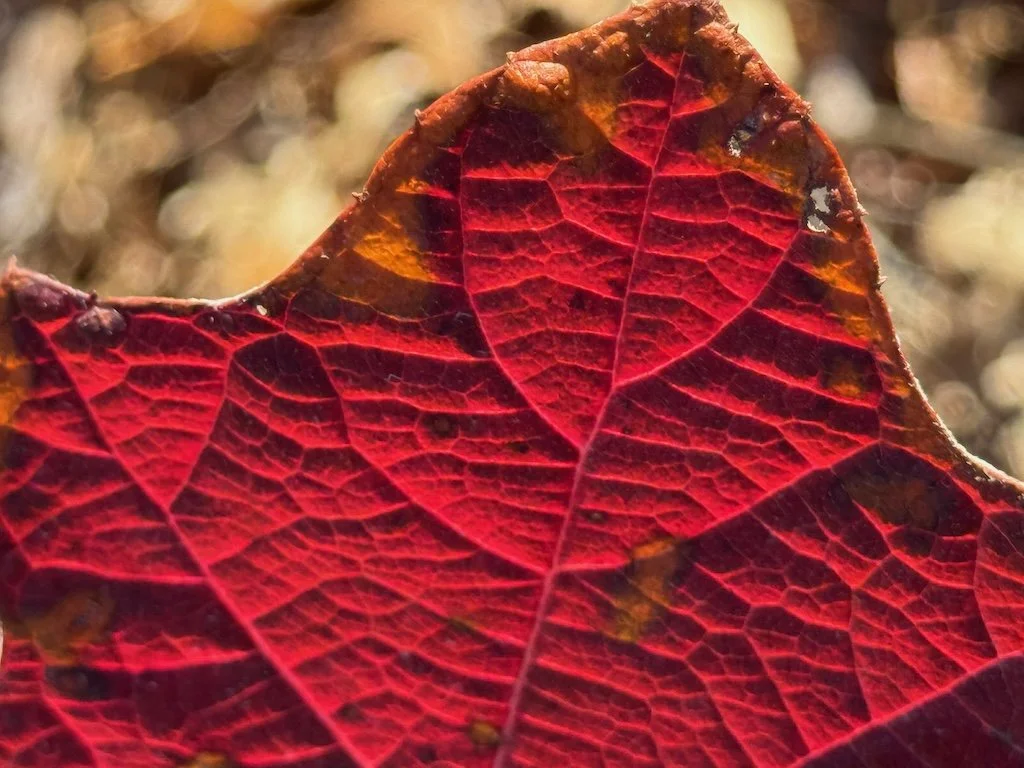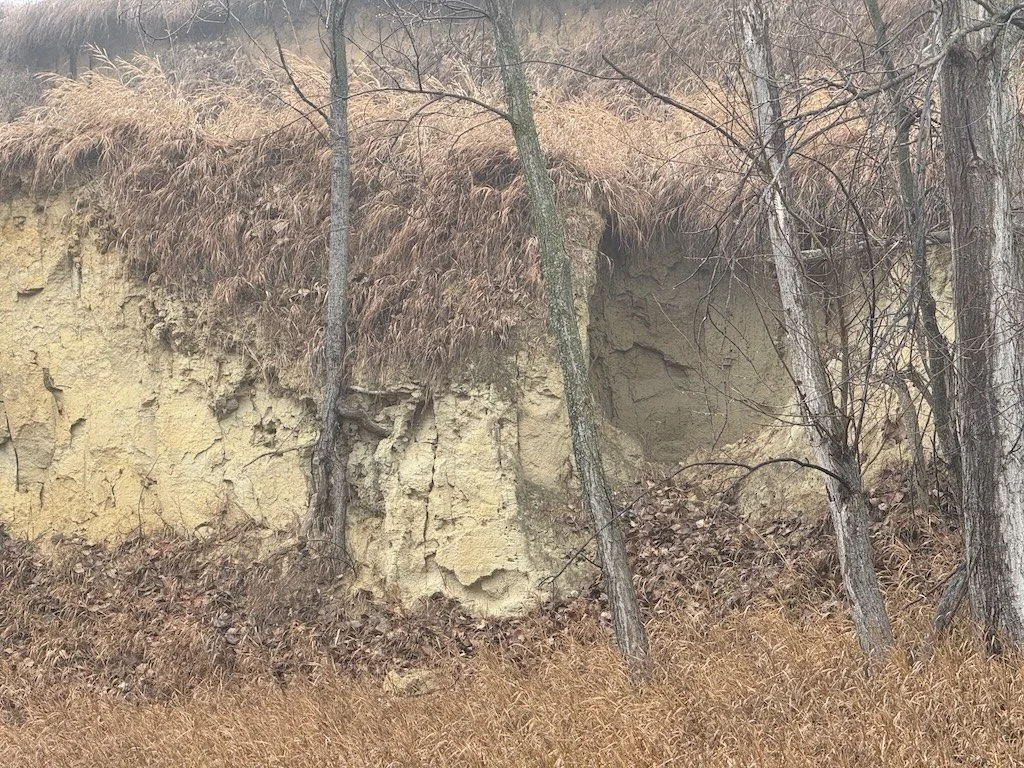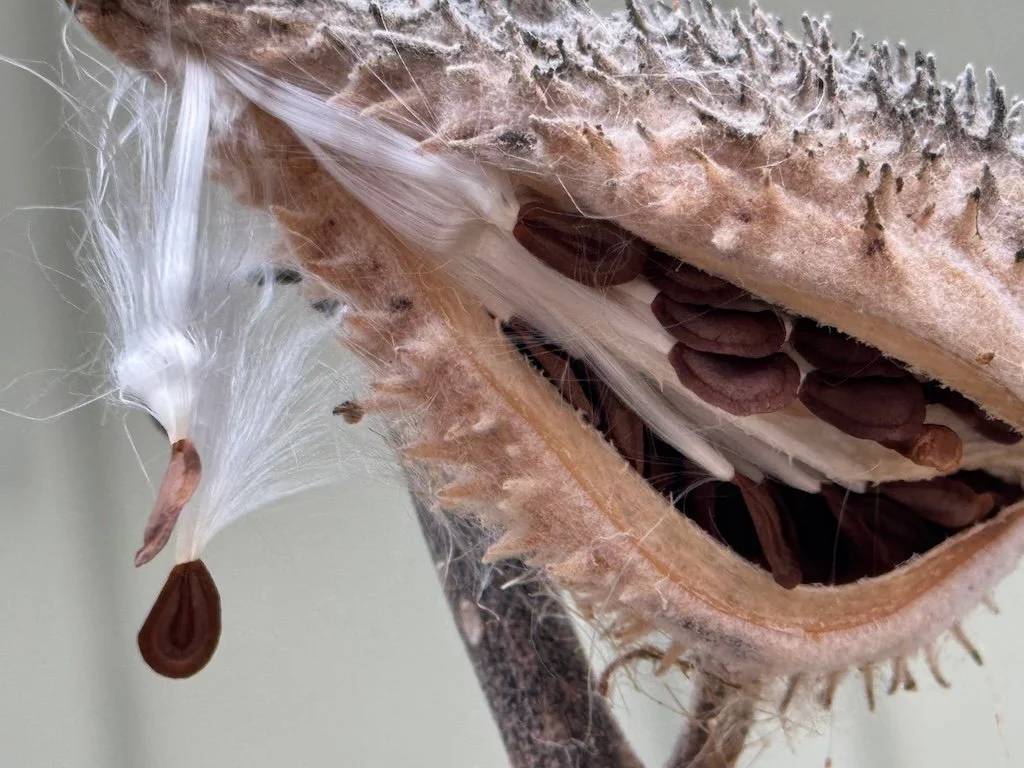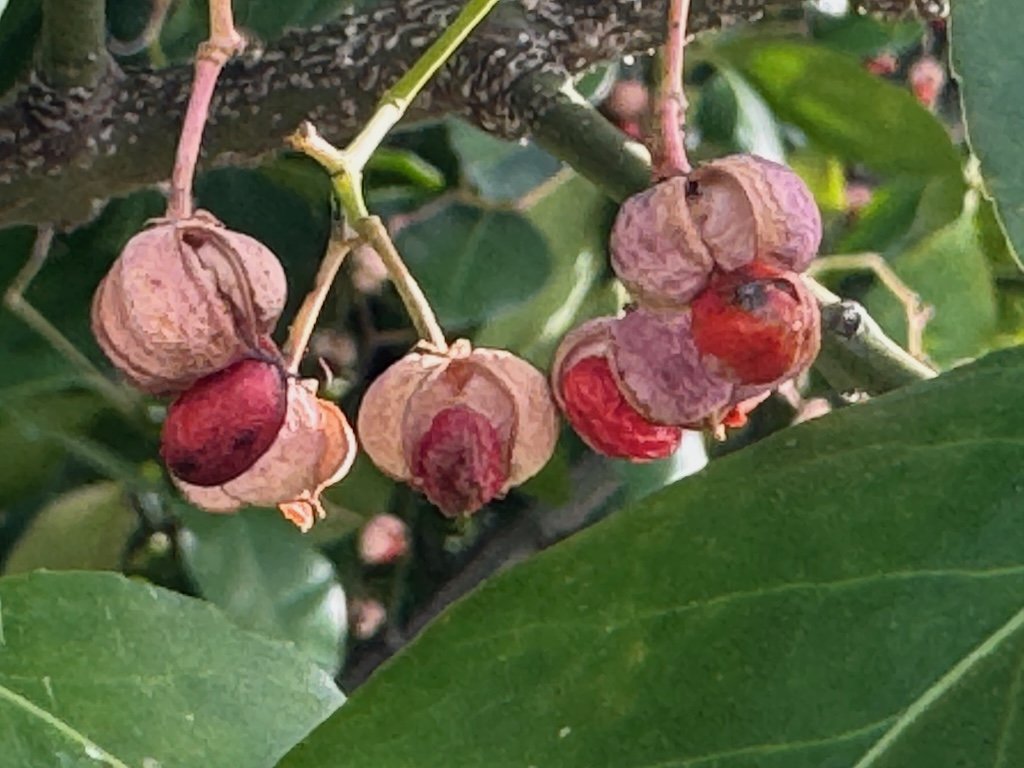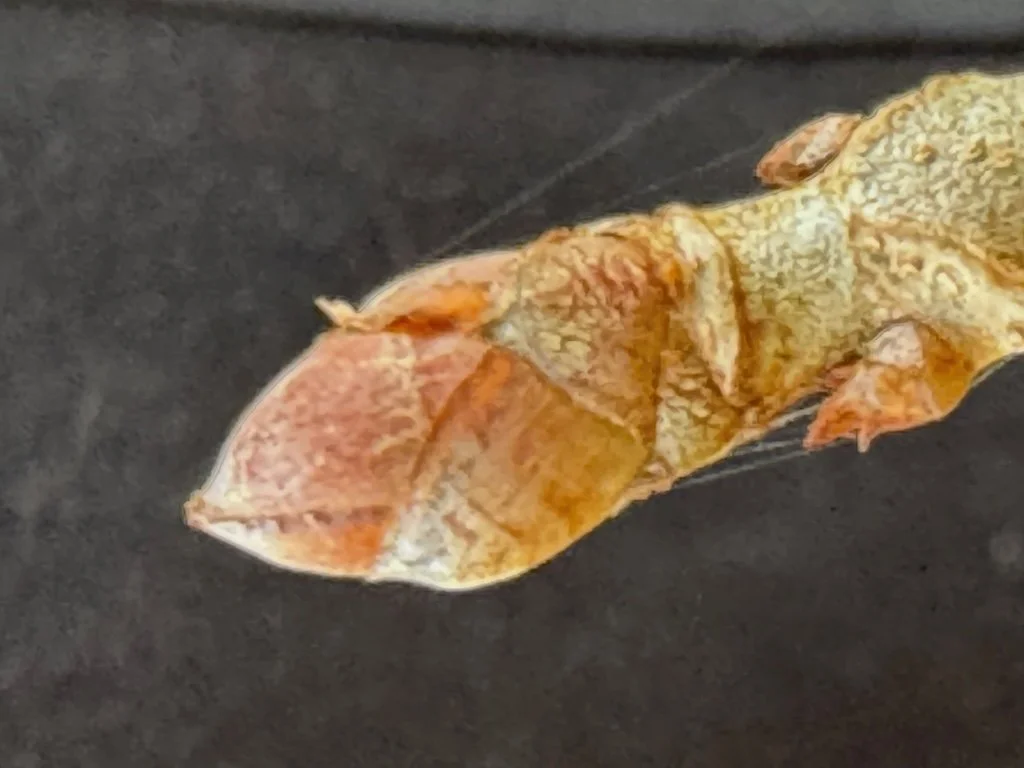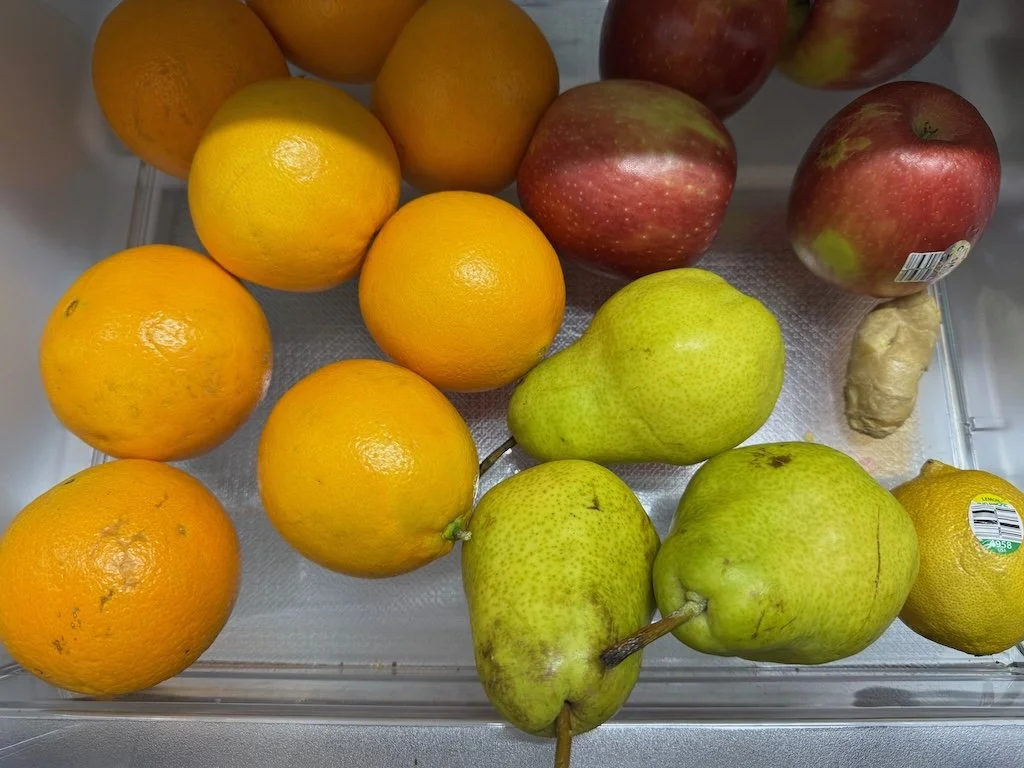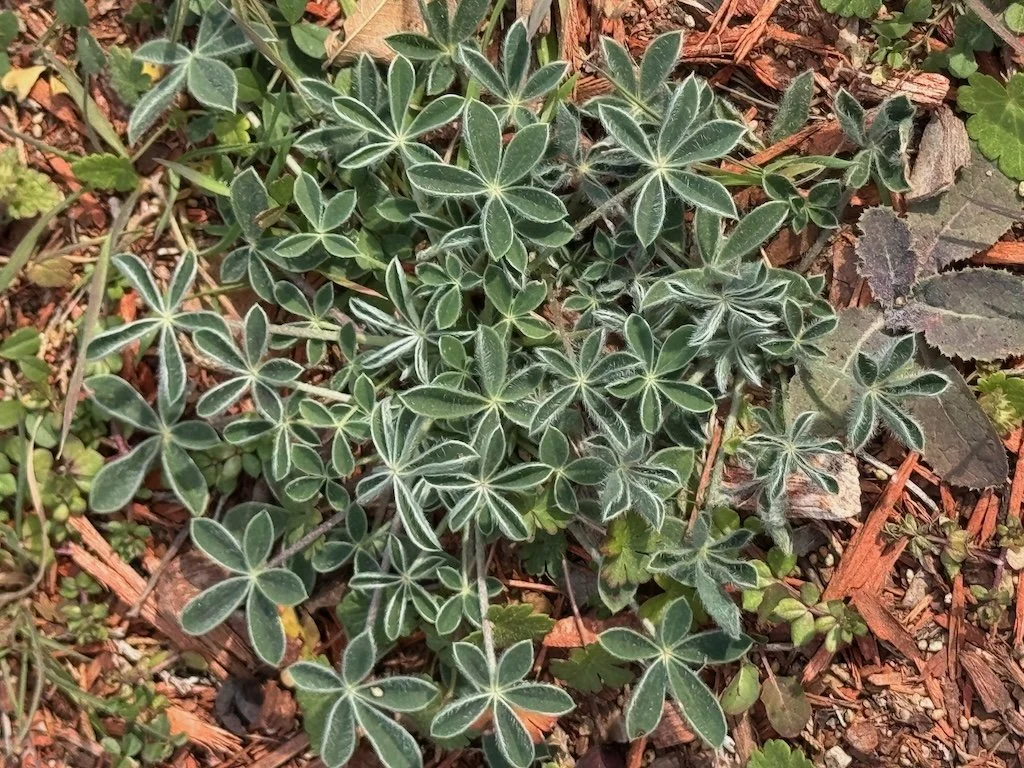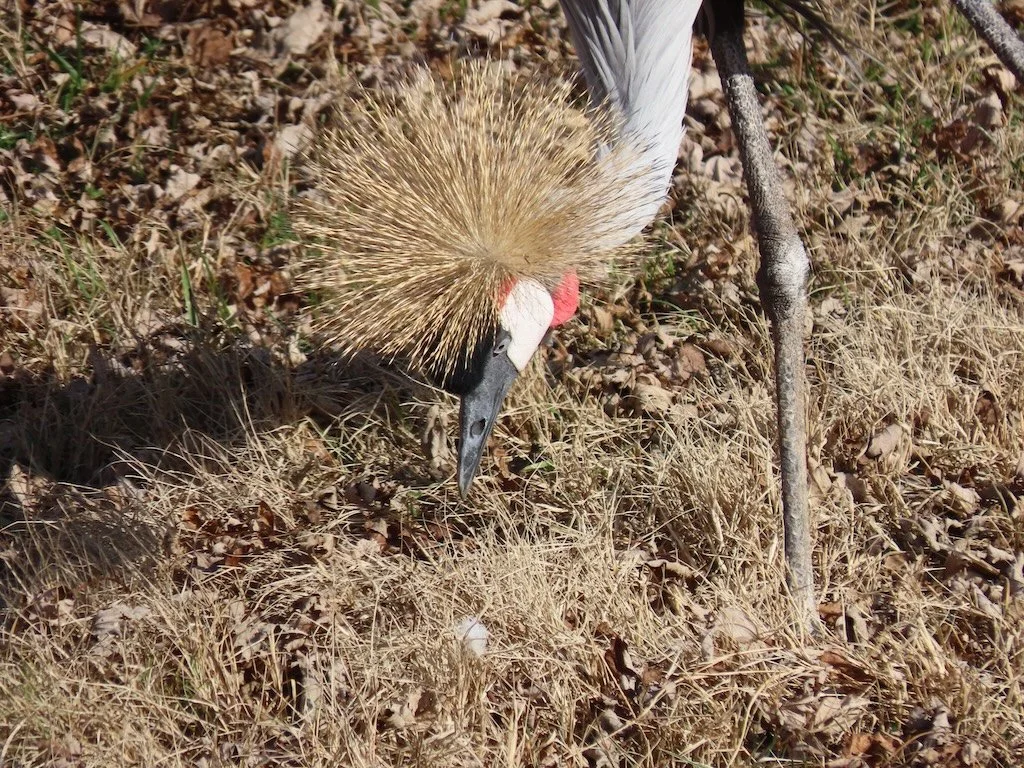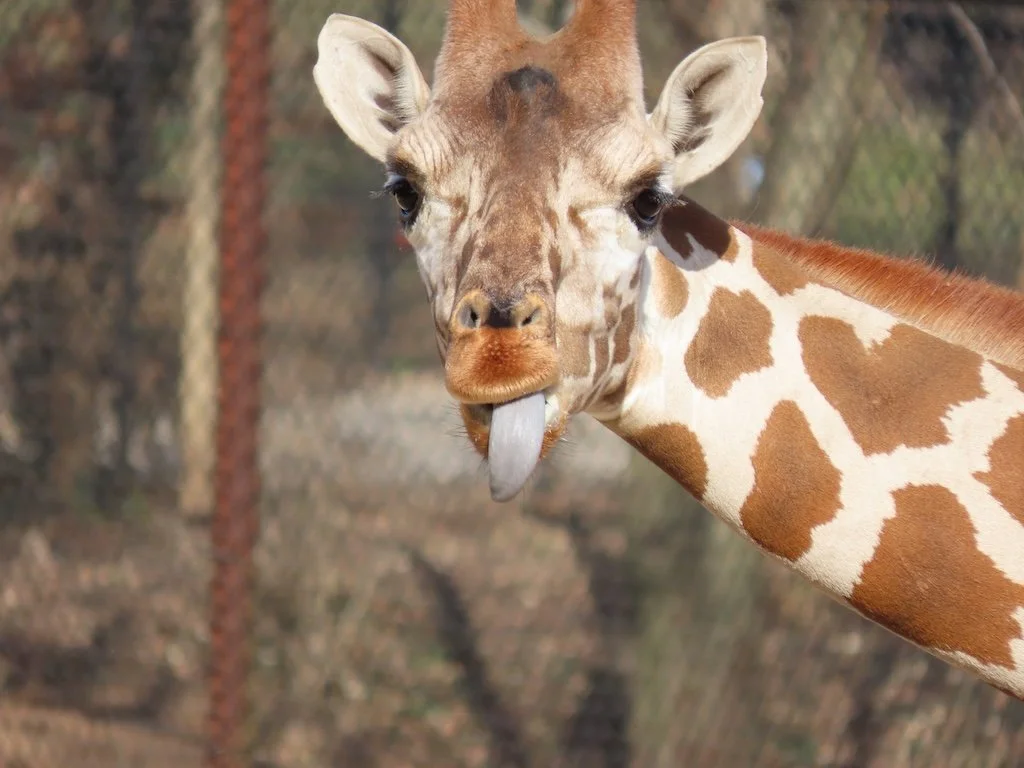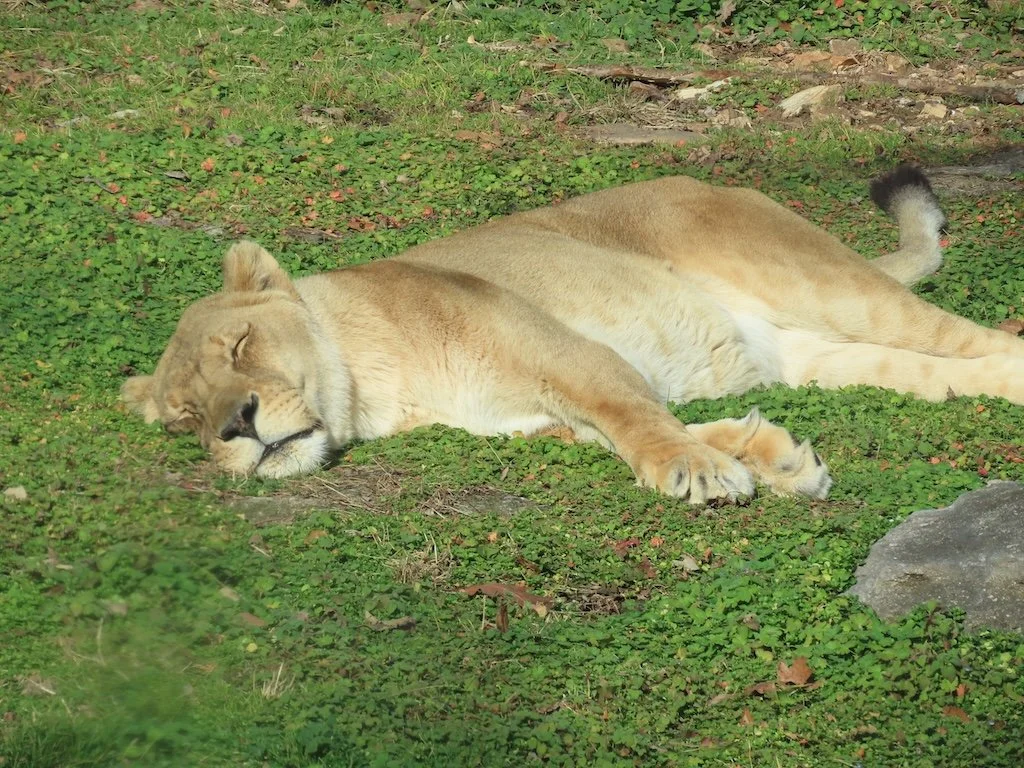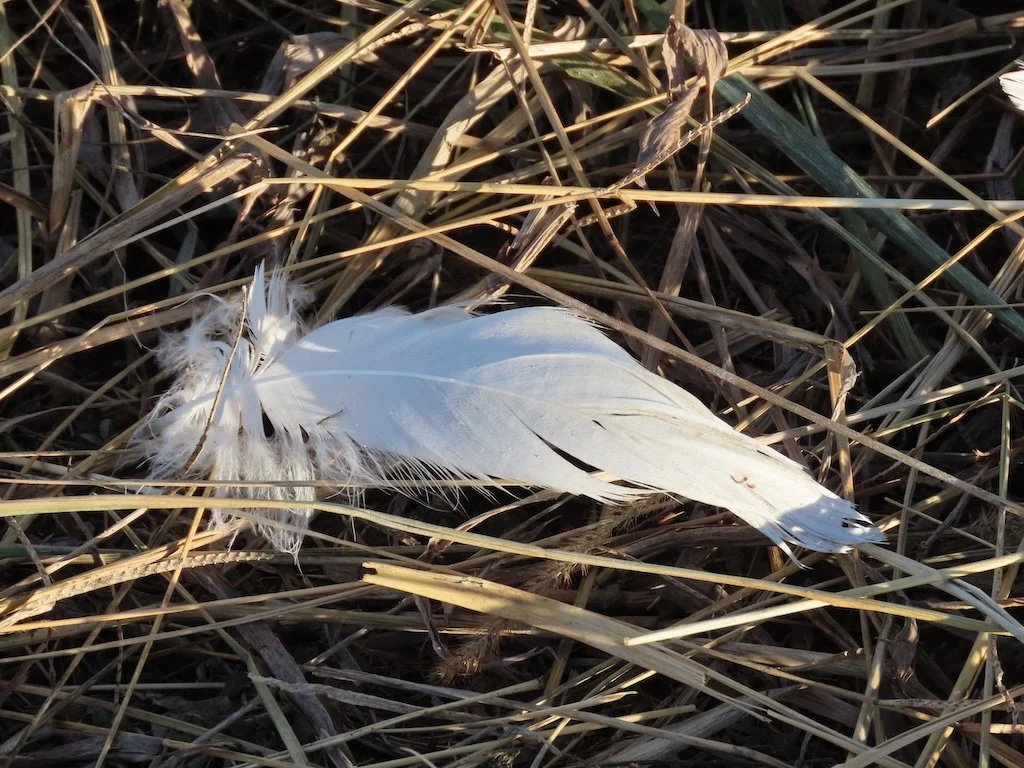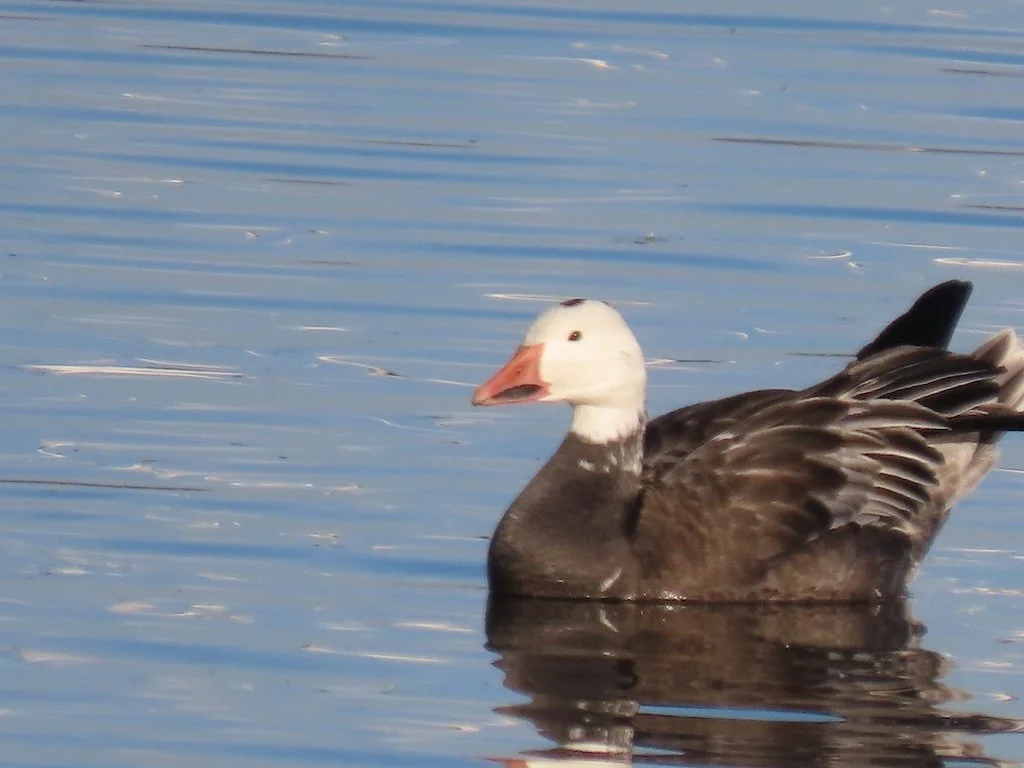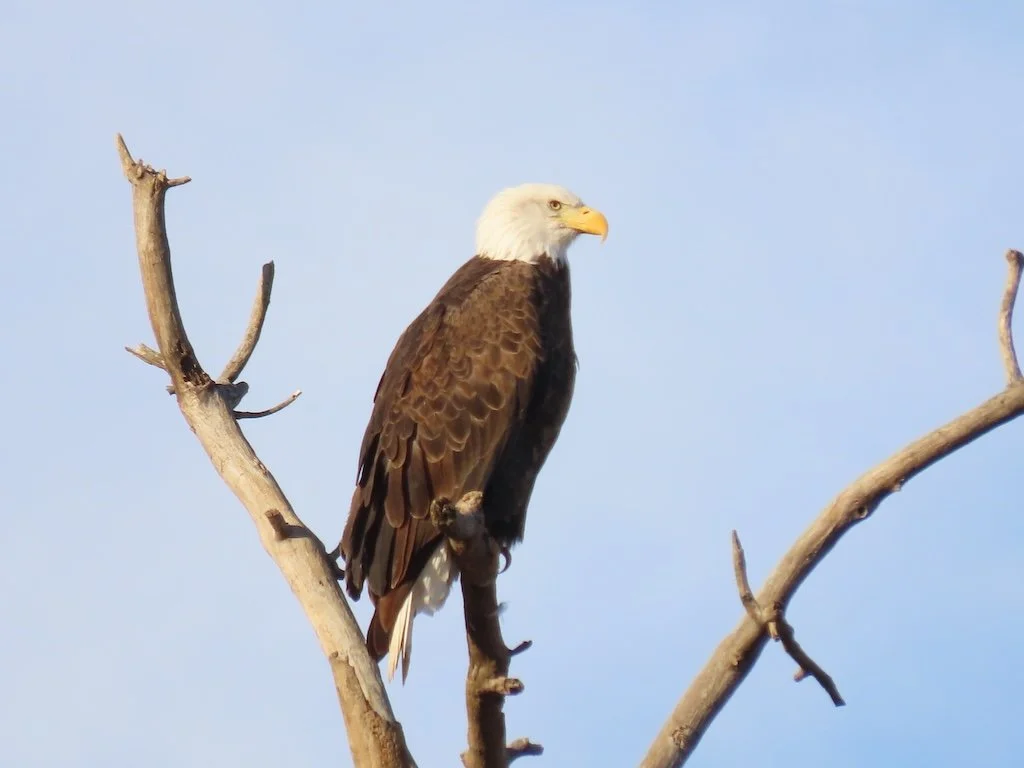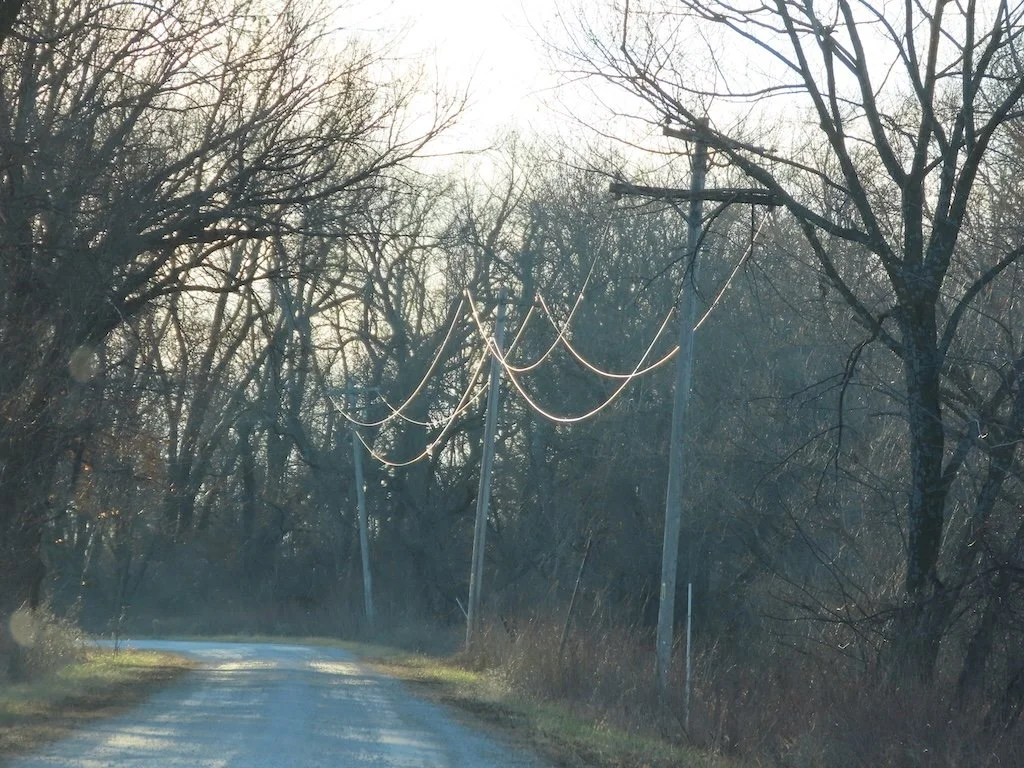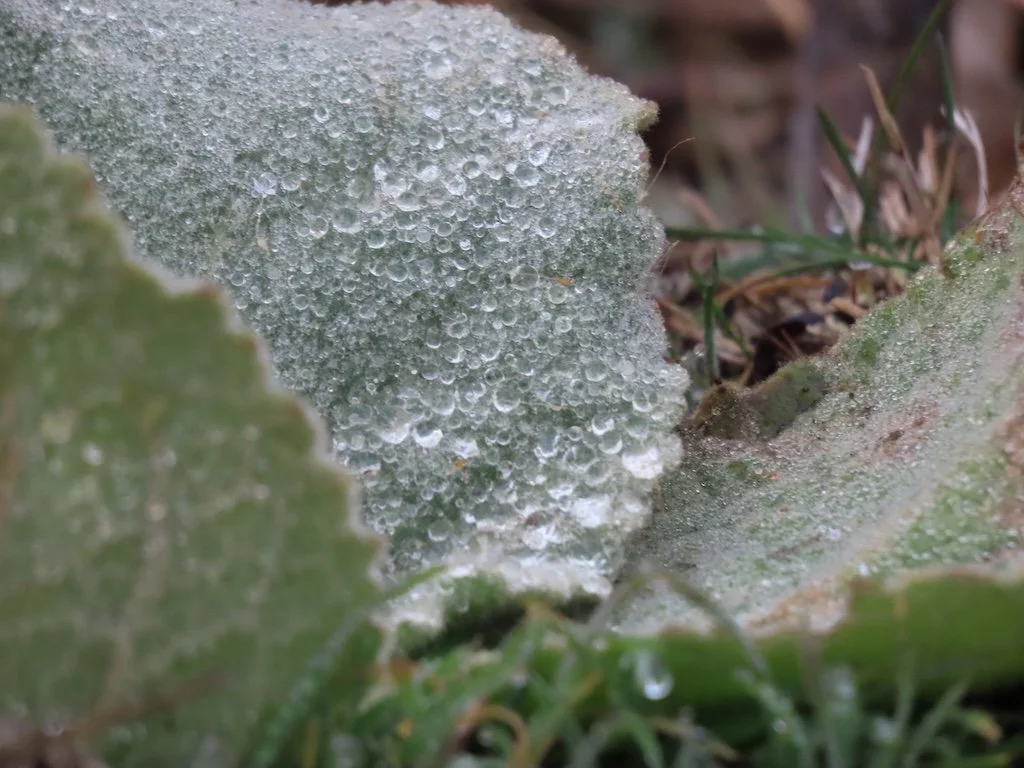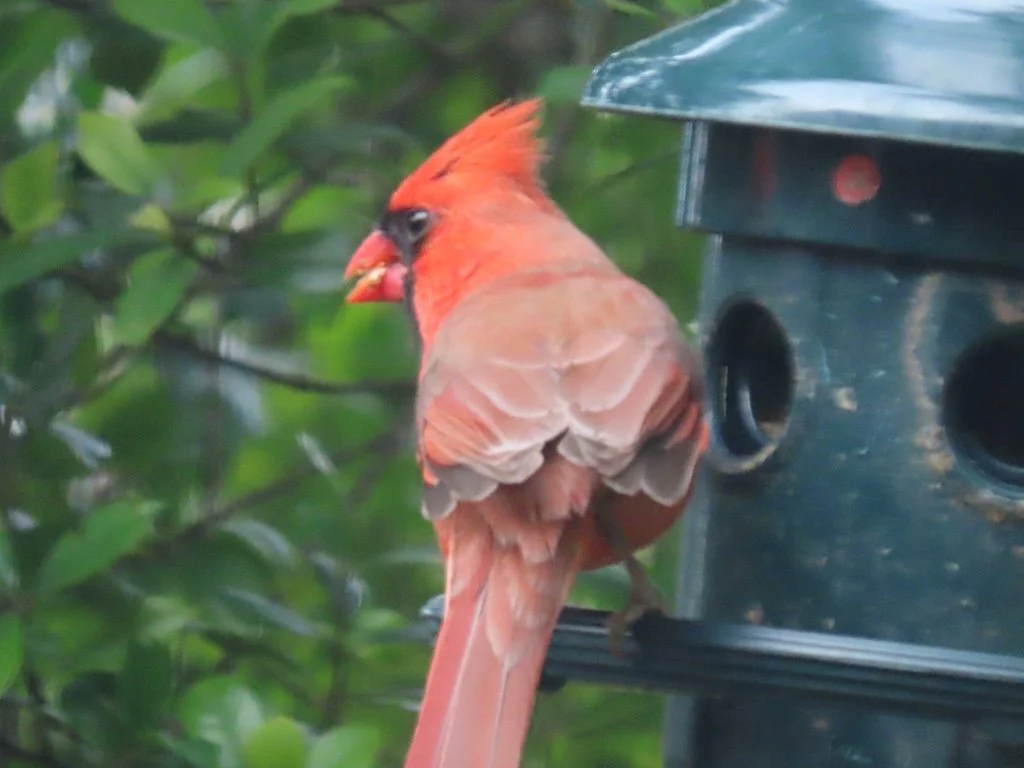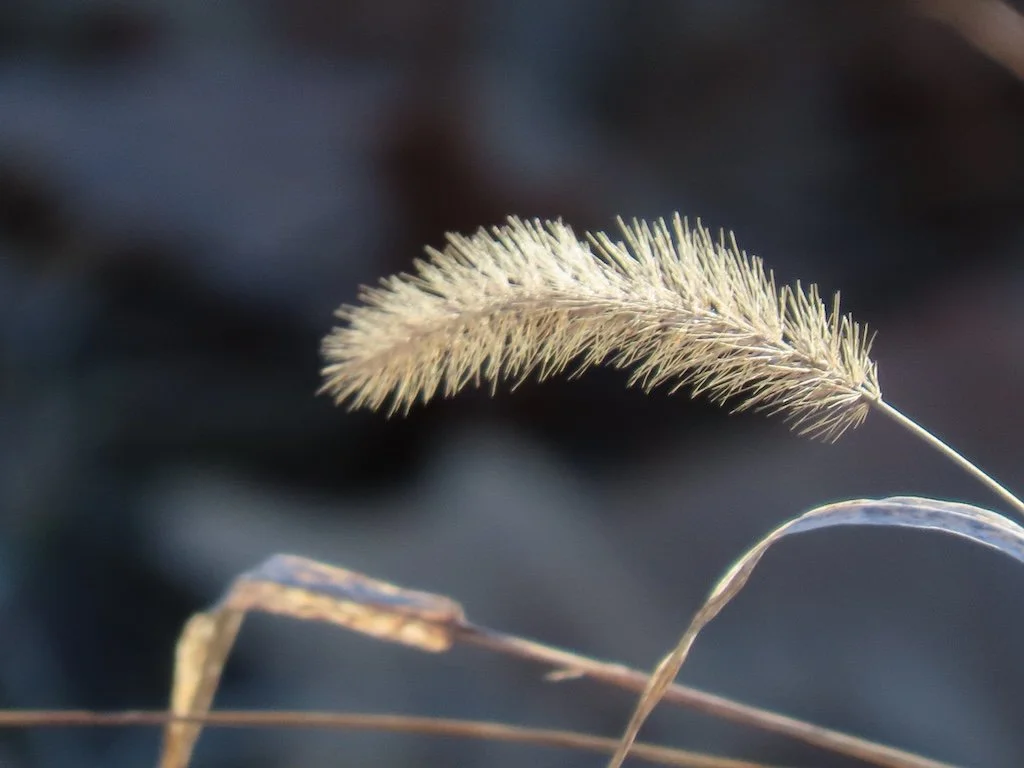Gleanings of the Week Ending May 2, 2015
/The items below were ‘the cream’ of the articles and websites I found this past week. Click on the light green text to look at the article.
The Best Vegan Milk (Non-Dairy) Alternatives - A good reference about how the non-dairy ‘milks’ are made. My current favorite in unsweetened vanilla almond milk.
Babies as young as 6 months using mobile media - Wow! This is scary. A lot has changed in 25 years. Then again - a lot changed in the 25 years before that. How many 3 year olds watched television on a daily basis in the 1950s…almost none. There were cartoons on Saturday morning by the 1960s. Quite a few children were watching shows like Sesame Street (and other shows too) almost daily 25 years later. Has mobile media replaced television or is it in addition to television?
A New 'Livability Index' to Help Americans Age in Place - AARP has a new tool that takes a number of factors into account to assess ‘livability’ (tool is here….enter your zip code in the box in the right side frame of the page.
Every Breath You Take: State of the Air 2015 - Read the post and then go to the State of the Air site and put in your state. Most cities get an ‘F’ which does not bode well for the health of a majority of the US population.
7 things we've learned about Earth since the last Earth Day - This was posted for Earth Day but I saw it a little late. I’m sure it was hard to choose 7 things…the ones picked were pretty significant.
Gut Microbes Influence Circadian Clock and Circadian Clock Controls Sugar Metabolism - Two articles about circadian clock importance to the way our bodies handle food. I’ve noted these articles more since I took a Coursera course on the circadian clock.
The Octopus’ Birthday: Understanding an Intelligent & Elusive Marine Creature - These creatures are so different that they evoke almost the same fascination as dinosaurs with children…and maybe adults too. Did you know that the age of an octopus can be determined by counting the rings in its stylet (rudimentary shell); the number of rings = the number of days the octopus lived.
Why the Tiniest of Fossils Mean Big Things to Scientists - A 6 minute video from the American Museum of Natural History about foraminifera….how beautiful they are and what they tell us about Earth’s past (and maybe the future too).
Living to 100: Lifestyle advice for would-be centenarians - The results from a study of 855 men born in 1913…10 of them lived to 100.
Seven of the Most Beautiful Botanical Mazes on Earth - A collection of videos of mazes.

